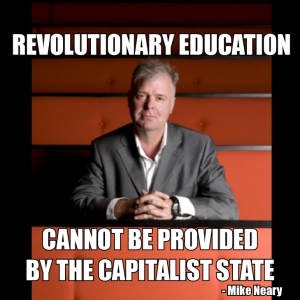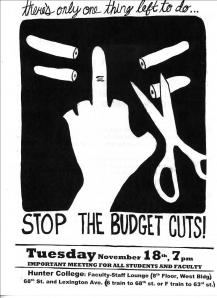Tagged: anti-colonial
Death of a Zapatista – Neoliberalism’s Assault on Indigenous Autonomy
The Zapatista struggle continues … Subcomandante Marcos ceases to exist …Galeano lives.
– by Levi Gahman –
… from the mountains of the Mexican Southeast …
On Friday May 2, 2014 an Indigenous Zapatista teacher, Jose Luis Solís López – known by his name ‘in the struggle’ as ‘Compañero Galeano’ – was ambushed and murdered. He was beaten with rocks and clubs, hacked with a machete, shot in the leg and chest, and as he lay on the ground gasping for air – he was executed by a final bullet to the head. The reason he was subjected to this callous violence varies depending upon what account is heard or read. But in truth, he was assassinated because he was Indigenous, because he was a teacher, because he was humble, and more specifically – because he was a Zapatista. And in a contemporary global system of neoliberal production and colonial governance, people like Galeano are deemed to be threats – threats that need to be killed in cold blood and suffer brutal deaths.
The assault on Galeano was also an attempt to antagonize the EZLN (Zapatista Army of National Liberation) into reacting with violence themselves as retribution for the death of one of their promotores de educación (‘promoters of education’ – what teachers are called in the Zapatista system of horizontal education). The provocation was directly aimed at the EZLN in hopes of prompting them into engaging in armed conflict, which would thereby give the Mexican state reason to retaliate and attack Zapatista communities. However, despite the pain and rage that the Zapatistas are feeling, they continue to release statements calling for peace. And amidst the tears, sorrow, indignation, and sadness they now have due to one of their cherished teachers being slain in broad daylight, they have stated they are not seeking revenge, nor blood, nor vengeance, but rather, they seek justice.
Occupying the City with the Social Science Centre – an Interview with Mike Neary
Summary: Professor Mike Neary speaks on the origins, purposes, and tensions of The Social Science Centre, Lincoln in the UK, an alternative form of higher education provision run as a formally constituted co-operative. The Social Science Centre sets itself against the usual colonial relations between universities and communities, seeking to occupy and re-invent the ‘idea of the university’ by producing critical, practical knowledge grounded in the real lives of its members. Neary raises questions about how such projects can create new, sustainable forms of social wealth against and beyond capitalism.
Unsettling the University: For Abolitionist, Decolonial Education Struggles
– An Interview with Matthew Evsky (Part 2) –
Summary:
In this interview, Matthew Evsky* speaks on ways that the education system is bound up with policing, mass incarceration, and settler colonialism. How can we integrate education struggles with abolitionist, decolonial approaches? For resistant alternatives, we can look to Liberation Schools and free, cooperative universities embedded in communities. Facing major barriers to these from racism, we must call on white people to renege on their racist bargain with the state and capital. How can we popularize such an abolitionist politics with narratives that convince people to be for annihilating the very system that gives them privileges?
A Brief History of (CUNY) Time: Recent Radical University Organizing in NYC – Interview with Matthew Evsky (Part 1)
Summary:
Drawing on first-hand experience, Matthew Evsky* shares a recent history of student and labor organizing at and around the City University of New York (CUNY), including the Adjunct Project, Campus Equity Week, the CUNY Time Zine, Occupy CUNY, and the Free University of NYC. He delves into the complex relationships between students, contingent faculty, the broader faculty union, and the confusing processes of university exploitation. The emergence of Occupy CUNY burst into a week of action with a student sit-in that was violently repressed by campus security. Although seeing undergraduate organizing as the driving force behind a revival of campus activism, Occupy CUNY connected radicals with each other and built supportive direct relationships across divisions of workers and students. Emerging from a working group on radical pedagogy, the Free University of NYC has enabled people to transform classrooms into spaces of radicalization.




